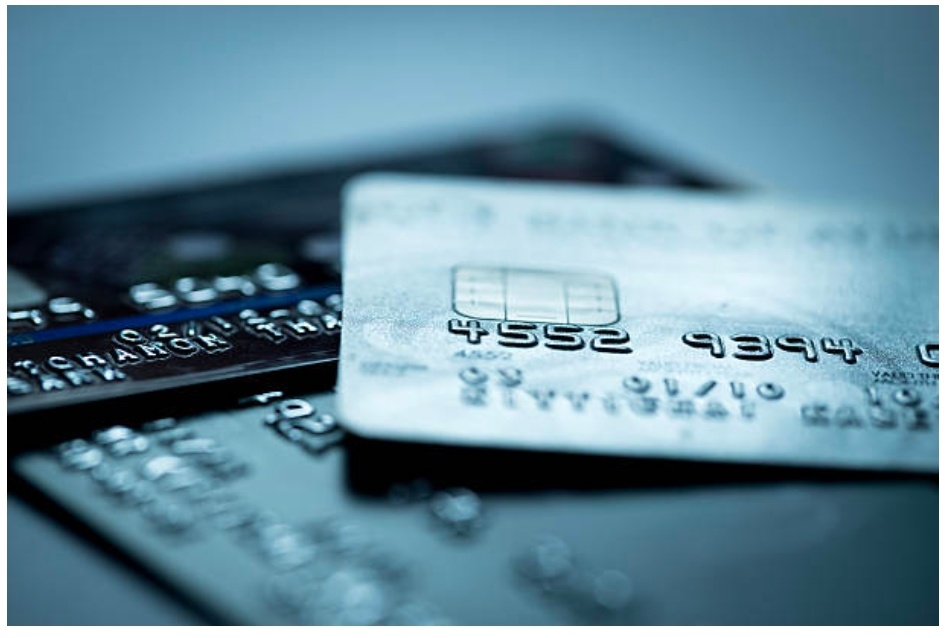Tired of being restricted to a handful of payment methods when trying your luck at an online casino? In UK-licensed casinos, your payment options can often be counted on one hand. However, Non-Gamstop casinos are rewriting the playbook, offering a lot of payment methods that stretch far beyond what you’re used to. From traditional bank cards to emerging cryptocurrencies.

Overview: Bank Cards, E-wallets, Crypto, Bank Transfers
The payment system is the heartbeat of any online casino. UK-licensed establishments might have you cornered into using bank cards and perhaps a select e-wallet. But with top-rated non Gamstop sites, a world of payment possibilities is just a click away: bank cards, e-wallets, cryptocurrencies, and even bank transfers.
Bank Cards: A Universal but Limited Option
Bank cards are almost like a universal language for online transactions. They are widely accepted and simple to use. However, their usage in online casinos, especially those licensed in the UK, can be restricted.
What are Bank Cards?: Bank cards are physical or digital cards that are tied to your bank account. They allow you to make both online and offline transactions by either debit or credit.
Visa
Visa is a globally recognized payment method and is one of the most commonly used cards worldwide. It’s trusted for its robust security features, including Visa Secure, which adds an extra layer of protection during transactions. This makes it a popular choice for online activities including gambling.
- Pros: Widely accepted, robust security features.
- Cons: Possible transaction fees, withdrawal times can vary.
MasterCard
MasterCard is another dominant player in the global payment sector. It offers a wide range of options, including credit, debit, and prepaid cards. MasterCard is especially appreciated for its advanced security features, which include identity checks and secure codes to enhance user protection.
- Pros: Multiple card options, good security measures.
- Cons: Some casinos don’t allow MasterCard for withdrawals, potential transaction fees.

E-wallets: A Convenient Digital Wallet
E-wallets offer the convenience of carrying your funds in a digital format, accessible via your smartphone or computer.
What are E-wallets?: E-wallets are digital platforms that securely store your funds and personal information, facilitating easy online transactions.
PayPal
PayPal is an e-wallet that has won the trust of millions of users globally. It’s particularly noted for its stringent security protocols, which include two-factor authentication and encrypted transactions. This level of security, along with the brand’s reputation, makes PayPal a frequently chosen option for online payments, including at online casinos.
- Pros: High security, instant transactions.
- Cons: Not universally accepted at all online casinos, possible fees.
Skrill
Skrill is an e-wallet that has been gaining attention for its low transaction fees and swift processing times. It offers an intuitive user interface and also allows for transactions in multiple currencies. Skrill’s functionality extends beyond simple transactions, as it also provides options for cryptocurrency exchange.
- Pros: Low transaction fees, fast processing times.
- Cons: Some casinos exclude Skrill deposits from bonuses.
Revolut
Revolut is an interesting blend of traditional banking and modern financial technology. It offers the basics of an e-wallet but extends its features to include currency and cryptocurrency exchange services. It even offers budgeting tools within the app, making it more than just a simple payment method.
- Pros: Versatile, allows for currency exchange.
- Cons: Monthly fee for premium features, not universally accepted.

Crypto: The Future of Anonymous Gaming
Cryptocurrency is transforming the way we think about money. Its decentralized nature offers an added layer of anonymity that isn’t usually possible with other payment methods.
What is Cryptocurrency?: Cryptocurrency is a digital or virtual form of currency that uses cryptography for security, operating independently of a central authority like a bank.
Bitcoin
Bitcoin is a digital currency that laid the foundation for the world of cryptocurrency. It operates using a decentralised network, which means there is no central authority or intermediary involved in transactions. This allows for a level of anonymity and freedom that’s unique to this payment method.
- Pros: High level of anonymity, no third-party intervention.
- Cons: Volatile value, potential network fees.
Ethereum
Ethereum is not just a cryptocurrency; it’s a platform that allows for the creation of smart contracts. These smart contracts are automated agreements that execute when their conditions are met. This feature adds a layer of versatility and security to transactions, setting Ethereum apart from many other cryptocurrencies.
- Pros: Supports smart contracts, robust security features.
- Cons: Complicated for beginners, volatile value.
Litecoin
Litecoin is designed to facilitate quick and cost-effective transactions. It operates on a different algorithm compared to Bitcoin, which allows for faster transaction confirmation times. While it hasn’t seen the same level of adoption as Bitcoin or Ethereum, it’s noted for its efficiency and low transaction costs.
- Pros: Fast transaction times, low fees.
- Cons: Not as widely accepted, fluctuating value.
Bank Transfers: Old but Gold
Bank transfers are one of the oldest forms of financial transactions and they have a simplicity that has stood the test of time.
What are Bank Transfers?: Bank transfers are one of the most traditional ways to move money from one bank account to another. They’re a staple in the financial world, often relied upon for their transparency and security. While they may take a little longer to process, they provide a sense of comfort and trust that newer methods often can’t match.
Security Aspects: One of the standout features of bank transfers is their high level of security. Since these transactions are managed and overseen by banking institutions themselves, there are multiple layers of security protocols in place.
Processing Time: Bank transfers are not instant and may take anywhere from a few hours to several days, depending on various factors like the bank’s policies or international borders. However, what they lack in speed, they make up for in dependability.
Flexibility and Control: Bank transfers allow you the flexibility to send varying amounts of money, whether it’s a small recurring payment or a large one-time transaction.
Conclusion
Non-Gamstop casinos are a gateway to a whole new world of payment options. They push the boundaries and defy the norms set by UK-licensed casinos, giving you the flexibility to choose how you pay and play.
Whether it’s the universality of bank cards, the convenience of e-wallets, the promise of cryptocurrencies, or the reliability of bank transfers, your options are no longer confined to just one or two methods.
Frequently Asked Questions (FAQ)
Can I cancel a bank transfer once initiated?
Generally, once a bank transfer is initiated, it’s difficult to cancel. Contact your bank immediately for any possibilities.
Do e-wallets have spending limits?
Yes, many e-wallets have daily, weekly, or monthly spending limits, which can usually be adjusted in your account settings.
Is Visa better than MasterCard for online gambling?
Neither is inherently better; the suitability depends on the casino’s terms and your own preferences for fees, speed, and rewards.
Can I use multiple payment methods on one casino site?
Yes, many online casinos allow you to use multiple payment methods for deposits and withdrawals.
Are crypto transactions reversible?
No, cryptocurrency transactions are irreversible. Make sure to double-check the details before confirming a transaction.
Do bank transfers require any extra verification?
Typically, you’ll need to provide some form of ID or verification, especially for large transfers, to comply with regulatory requirements.






